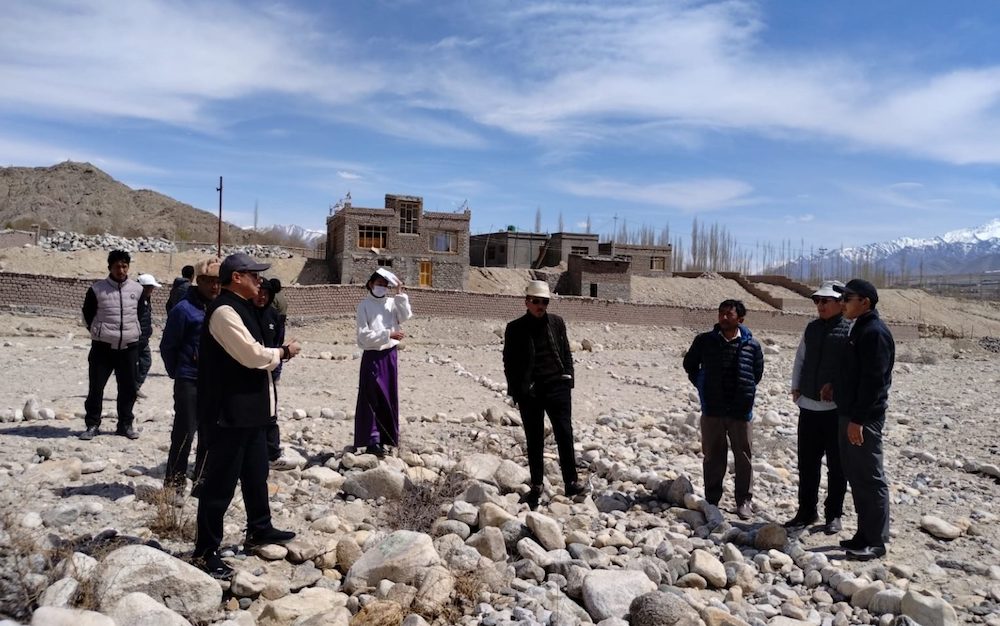DHARAMSALA, July 14 – Tibet’s government-in-exile Monday urged China to rethink its developmental projects in the region as they would have an adverse effect on the environment.
Releasing a “white paper” on the state of the environment in Tibet, in response to a similar document issued earlier by China, exiled Tibetan Prime Minister Samdhong Rinpoche said the Chinese document was a justification for the projects it hopes to undertake in Tibet, especially the railway line linking Lhasa with China.
“Whether Tibet’s political issue is resolved or not, the environmental issue cannot be neglected as it is directly related to the welfare of the peoples of India, China and those of other downstream countries,” the prime minister said.
“We call upon the new Chinese leaders to reconsider these big projects and replace them with small-scale development projects that materially benefit the Tibetan people and which do not undermine the integrity of Tibet’s eco-system.”
“Tibet 2003: state of the environment”, released by Rinpoche, highlights the massive mismanagement of Tibet’s environment over the past 50 years, resulting in biodiversity loss, grassland degradation and devastating floods in the downstream regions of south and south-east Asia.
“There is a tendency for the People’s Republic of China to abrogate responsibility for environmental degradation by citing natural factors such as global warming and the general drying up of the Tibetan Plateau and blaming the nomads for irrational and stupid practices,” the report said.
The 30-page paper is based on the findings of the United Nations Development Programme, the Asian Development Bank, the World Bank, the International Centre for Integrated Mountain Development (ICIMOD) and other studies.
“We request the Chinese government not to politicise the Tibetan environment,” said Thupten Samphel, secretary of the department of information and international relations of the Tibetan government-in-exile.
“If China is genuine with its environmental concerns in Tibet, it should care about the ground realities of the situation and take into account the livelihood of the people of the downstream countries.”
The report said mammoth developmental projects geared towards the exploitation of Tibet’s natural resources would in the long run prove disastrous for Tibetans, China and all the neighbouring countries that depend on the life-sustaining river waters of the Tibetan Plateau.
It said the disastrous 1998 Yangtze floods caused by China’s rampant deforestation in Tibet, was an example of the “misguided projects” in Tibet.
“Beijing cannot implement narrow-minded policies in Tibet without suffering catastrophic environmental consequences,” it added.
“China continues to flood Tibet with potentially destructive mega developmental projects such as railway routes, oil and gas pipelines, petrochemical complexes, hydro dams, construction of airports, highways, military bases and new cities for migrants from Mainland China,” said Tsering Yangkey, head of the environment desk here.









